Christine Loew
Stories from Diving with an SDI Instructor
Name: Christine Loew
Country of origin: Germany
Place of residence: Playa del Carmen, Mexico
Dive club / dive center: Diving Caves
Highest diving certifications: TDI Trimix & DPV Cave
Highest instructor certifications: TDI Advanced Cave Sidemount Instructor, SDI Instructor Trainer, TDI Cavern Evaluator
What inspired you to become a dive instructor?
I started diving quite late in life because there wasn’t easy access to a dive shop or location, and none of my friends were divers. When I finally took my first class, I knew all my future holidays would be dedicated to diving. After a few years, though, that still wasn’t enough to satisfy my appetite for being underwater. So, quite selfishly, I became a dive instructor to dive more and to live a life fully centered around diving. That excitement hasn’t faded, whether it’s teaching a class, going on an ocean dive, or a technical dive, I still feel the same anticipation every time I know I’ll be underwater.
What motivates you to keep teaching diving every day?
Divers often share fond memories of great dives during dive outings. I often came across stories of divers, who confided privately about a bad diving experience that left a mark. Personally, I also had a really bad experience that easily could have stopped my diving career before it even kicked off. That pushed me to learn as much as possible about diving and to teach and share my knowledge with divers and students to hopefully prevent incidents and accidents and keep divers staying in love with the diving world.
How do you handle fear or insecurity in students, especially beginners?
As I am also a cave instructor, I often get asked during the start of overhead training: “Have you ever had a panicking diver in the cave, and what would you do?” My response is the same as I give to any open water student. We proceed through the course at the speed the diver is comfortable and address any questions when they arise. The student will thoroughly learn about the dive gear, the environment and the techniques on how to prevent any bad things happening in the first place. Of course, there is a big difference with the dive experience of a student for the first diving course and someone having hundreds of dives and signing up for an advanced class. However, fear and insecurity are rooted in emotions and instincts and don’t disappear by willpower alone. It is a combination of understanding a skill in theory, practicing it in a logical order from simple to more complex, and spending as much time underwater as possible. Repeating skills in controlled environments (with an instructor) builds confidence. I personally believe in the power of the mind and love to run through scenarios in my head and work out a plan on what-to-do -ifs. Discuss this with your mentor and you are on a good road to becoming a skilled diver. Fear is natural and I am not free of it myself. But it sharpens my mind and keeps me focused on the task and I go cave diving nevertheless.
What message would you give to those considering becoming dive instructors?
Diving brought me to a holiday destination, and I built my life here. But, if someone thinks being a dive instructor is just about beaches and parties, they might miss the bigger picture. For once, having experience in different environments like lakes and different oceans is very helpful. Income may be lower than an office job, but the lifestyle can be richer in other ways. You might not need as many luxuries. So have a plan whether you want to do this only for a year or if you think of making this a full time career, both ways you will find jobs, but to find fulfillment, the correct income and career opportunities in your work, these places are spread out more scarce and requires a greater effort … and skills that go beyond the diving.
What characteristics or values of this agency align with your teaching style and vision of diving?
I started as a technical instructor with TDI, and later also moved my sport diving instructor credentials over. The principle that resonates most with me is the “loved ones rule”:
“We believe an individual should not be qualified as a SDI Diver unless those empowered to qualify the person would allow them to buddy or teach their loved ones recreational diving.”
There’s an equivalent statement in the TDI Code of Ethics. For me, this means that even if a diver meets the formal requirements and performs the skills, if I wouldn’t trust them with someone I care about, then the training isn’t complete. Certification only comes once I am confident they are truly ready.
Which courses do you enjoy teaching the most and why?
I enjoy courses that challenge me as much as the students. Each course lives from the input of the student, and it can be an open water class, where I have to find creative ways to teach the mask clearing skills to someone with deep-rooted fears, or a technical course where we work through a complex scenario with multiple possible solutions and discuss afterwards the pros and cons of each approach. I know I grow with each course.
What do you hope your students remember about you after completing your courses?
I hope every student leaves with the tools and mindset to keep growing as a diver long after the course ends. Finishing a course is like getting a learner’s driver’s license; you have the permit and the foundational skills, but the real learning happens with experience. My goal is for students to feel confident, safe, and motivated to keep developing every time they dive. If they remember how much they grew, that is enough for me.

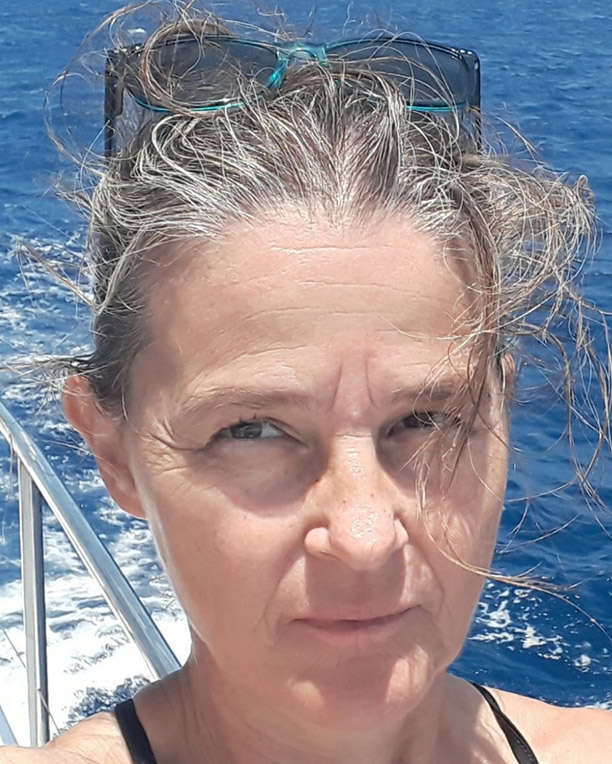
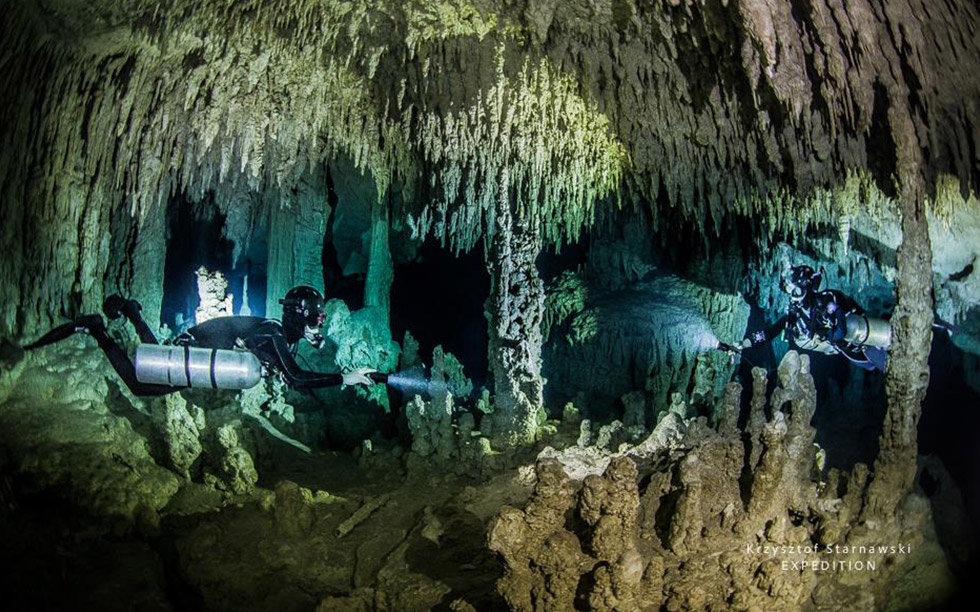
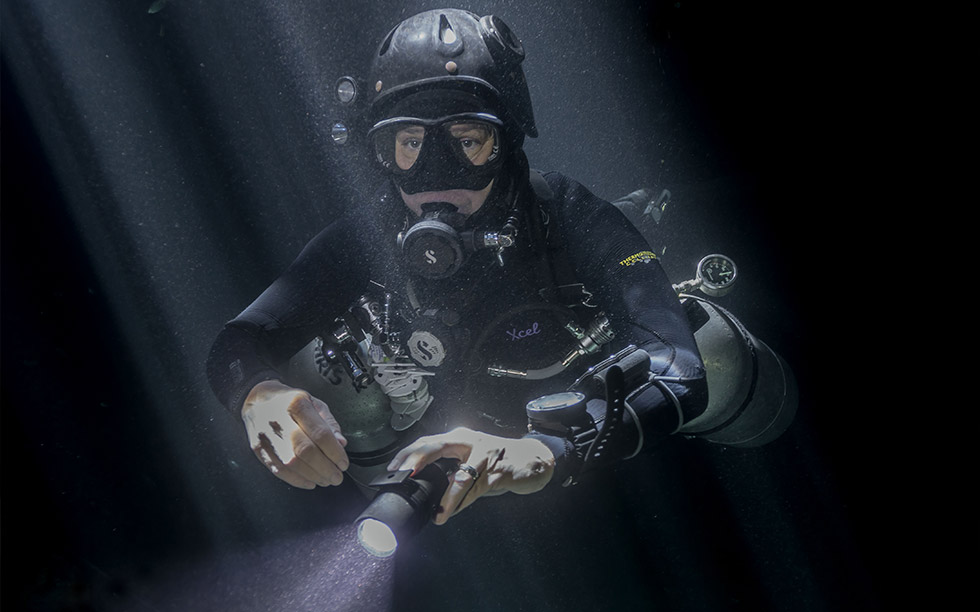
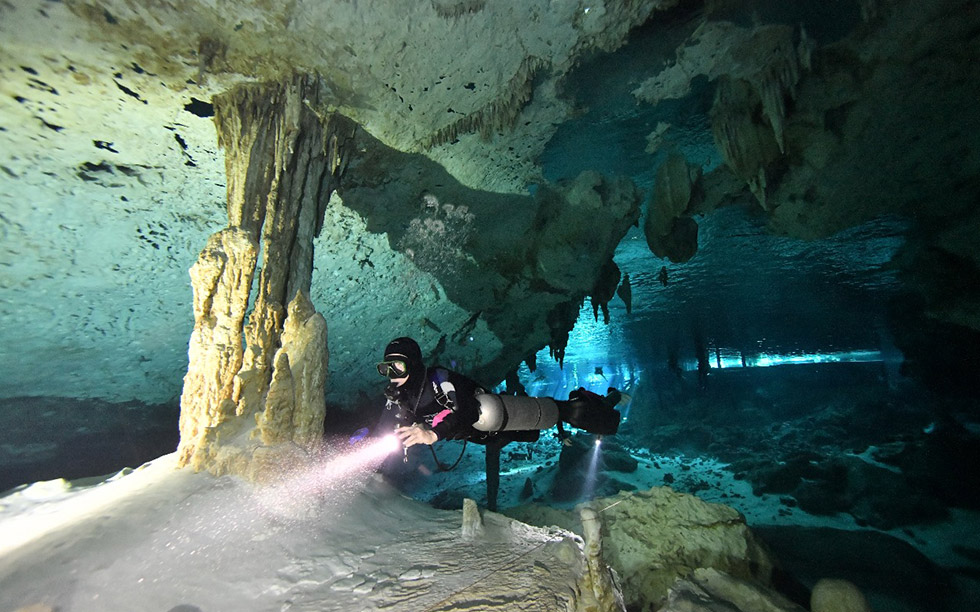
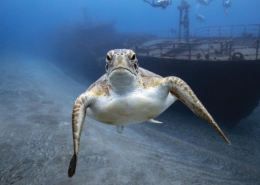
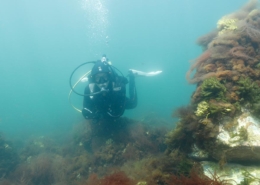
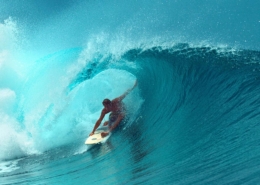





Leave a Reply
Want to join the discussion?Feel free to contribute!